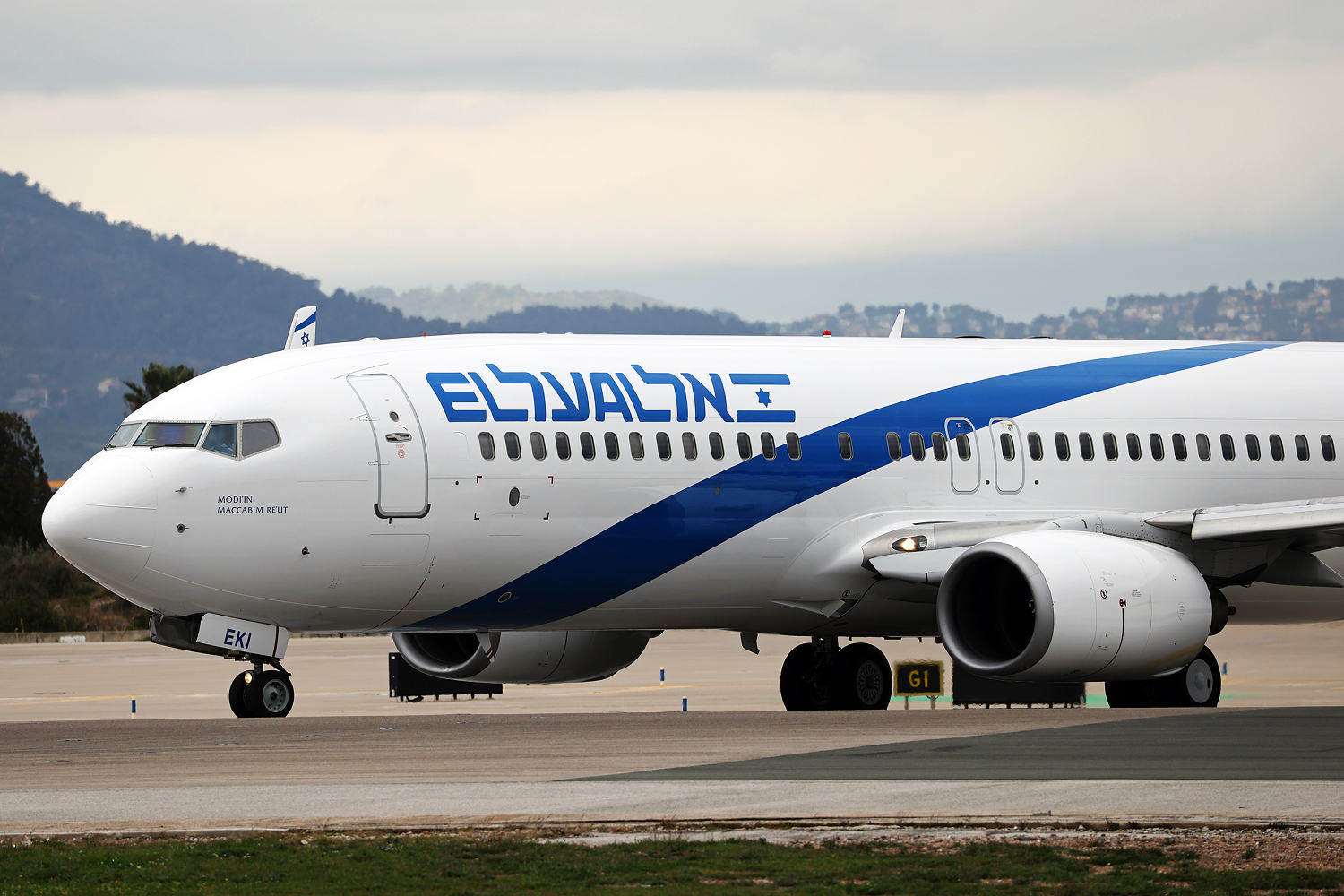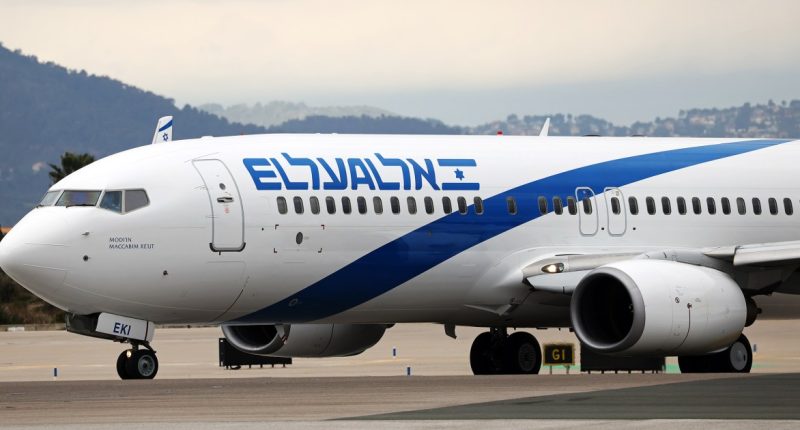Share this @internewscast.com

Airlines globally have canceled their flights to Israel and are avoiding a vast area of Middle Eastern airspace following Israel’s nighttime missile attacks on Iran. Subsequently, Iran launched drones directed at Israeli land.
Delta Air Lines announced on Friday afternoon that it would halt its operations to Tel Aviv, Israel, until at least September. This announcement comes shortly after they had only resumed flights in May, with the intention, as of last week, to expand their service to Israel later in the year. Delta had planned to operate two daily nonstop flights from New York, anticipating high winter demand.
United Airlines also stopped its flights to Tel Aviv until at least Saturday. Departing flights headed for Tel Aviv from both airlines made U-turns over the Atlantic Ocean to return to the New York region following the conflict. United arranged for 26 crew members, who were on layover in Israel, to fly back to the United States via the Israeli airline, El Al, a representative mentioned.
El Al has since suspended service.
“Following recent security developments and in accordance with the instructions from the state’s security and aviation authorities to close Israeli airspace, all EL AL and Sundor flights are suspended for the time being,” it said on its website.
The carrier said it won’t take bookings until at least the end of June and warned customers against going to Tel Aviv’s Ben Gurion Airport.
“For customers currently abroad, we recommend arranging accommodation until there is a change in security directives,” El Al said. “Flights that were en route to Israel have been diverted to land at various EL AL destinations.”
Turkish Airlines and European budget carrier Wizz Air also suspended Israel flights. Germany’s Lufthansa said it was suspending Tel Aviv and Tehran service until July 31 and flights to Jordan and Lebanon until at least June 20. Emirates said it was canceling service from its base in Dubai to Iraq, Jordan, Lebanon and Iran.
Airlines offered travel vouchers and waived change fees to customers affected by the disruptions.
Escalating military conflicts in the Middle East and Ukraine have forced airlines to repeatedly take longer and more costly routes to avoid conflict zones.










